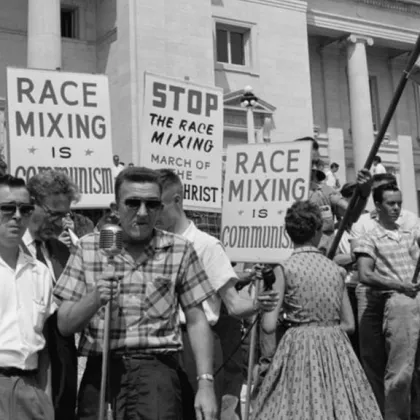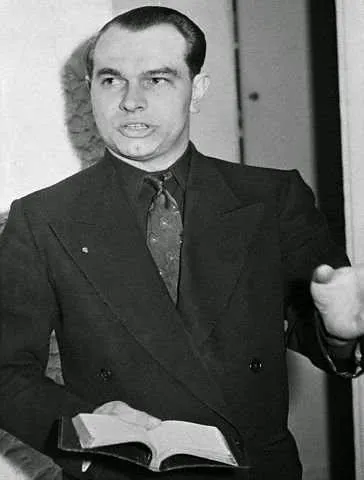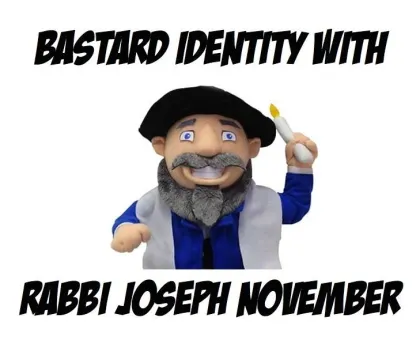The Flat-Earth Bible?

The Flat-Earth Bible?
Tonight we are going to talk about Flat-Earth verses from the Bible. Some of these verses are also used to promote a geocentric view of the universe. So let me first state that Flat-Earth proponents usually also support geocentrism, but geocentrism does not necessarily require a flat earth, so the two concepts are separate. But we do not actually intend to discuss the merits or shortcomings of either of these theories. Here we only plan to discuss many of the Bible verses used to uphold these theories, and interpret what we believe these verses are really saying. It is more important to do this, as it should help to lay a solid foundation for real scriptural understanding.
Quite unfortunately, there is also a hollow-earth theory floating around Christian Identity circles. It is based on a spurious so-called secret diary that claims to be from Admiral Byrd and supposedly records observations he made while crossing the South Pole. Of course, the hollow-earthers in Christian Identity usually fail to mention the German U-boat sailor Karl Unger’s claim to have found “Rainbow Island” in the Hollow Earth at the South Pole, or the story of supposed Air Force Colonel Billie Woodward, that he and his sister were born in the Hollow Earth, and that both of them were hermaphrodites. The Hollow Earth tales are as Kosher as one can get, and when you combine them with the claims of a Flat Earth you rather appropriately end up with a bagel. Being Identity Christians, we should have a greater care to prove what is true, reject Jewish fables, and avoid swallowing such bagels.




 A Critical Review of Let’s Examine the Evidence, by Bertrand Comparet
A Critical Review of Let’s Examine the Evidence, by Bertrand Comparet





 Please click here for our mailing list sign-up page.
Please click here for our mailing list sign-up page.







